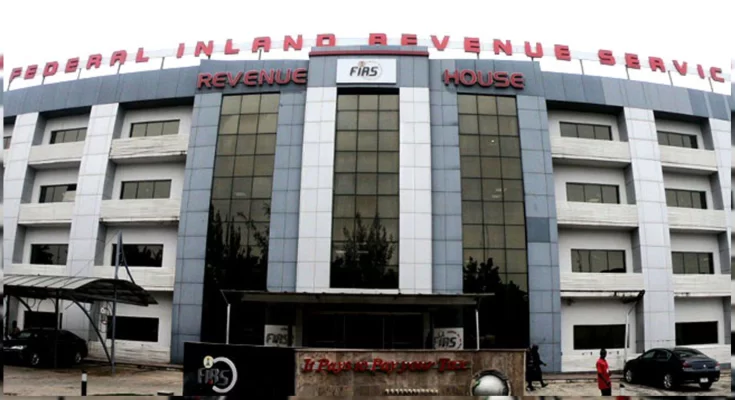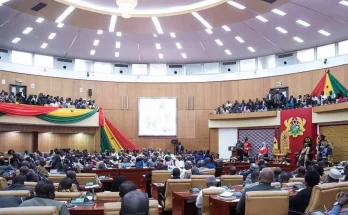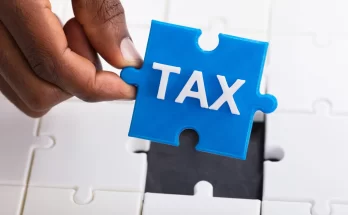Nigeria: FIRS Announces Three-Day IT Shutdown Ahead of 2026 Tax Compliance Overhaul. The Federal Inland Revenue Service (FIRS) has announced that it will shut down all information technology (IT) systems for three days as part of an extensive maintenance and upgrade exercise.
According to an official notice issued on Thursday, the downtime will run from Friday, November 28 to Sunday, November 30, 2025, and will affect all FIRS applications, online services, and backend infrastructure.
In its statement, the agency said:
“The general public should note that there will be an FIRS IT services downtime. The shutdown of applications and IT infrastructure will commence on 28th November and end on 30th November, 2025. We apologise for any inconvenience this may cause.”
The temporary halt is expected to support ongoing reforms aimed at strengthening Nigeria’s tax administration framework ahead of major changes coming into effect in 2026.
Shutdown Follows Webinar on New Corporate Income Tax Rules
FIRS’ announcement comes barely 48 hours after the agency held a public webinar to explain upcoming changes to corporate income tax requirements, especially for small companies.
The session, titled “Income Taxes: Expected Changes in 2026 and How to Stay Compliant,” focused on new filing obligations under the Nigeria Tax Act 2025.
See Also:Ghana Overhauls VAT Framework as Parliament Passes New 2025 Bill
Small Companies to File Returns Despite Zero Percent Liability
During the webinar, FIRS Deputy Director Kehinde Kajesomo clarified that small companies will no longer be exempt from tax under the new regime—but will instead be taxable at 0%, meaning they must still compute taxable income and file annual self-assessment returns.
Kajesomo explained:
“From 2026, small companies will pay tax, but at zero per cent. Before, they were exempt, but now they are liable to tax, though at zero percent. This means they must compute taxable profits and file returns, but the tax payable will be zero.”
The clarification signals FIRS’ shift from exemption-based rules to a compliance-driven reporting system, ensuring every registered company submits proper documentation—even when no tax is due.
The planned IT shutdown is widely expected to support system upgrades required for implementing these new reporting standards.
Key Tax Changes Businesses Should Prepare For
Nigeria’s fiscal reform framework introduces several major adjustments:
1. Revised Definition of Small Companies
A business now qualifies as a small company if it meets both criteria:
- Annual turnover of up to N50 million
- Fixed assets valued at no more than N250 million
These companies will:
- Pay 0% Company Income Tax (CIT)
- Pay 0% Capital Gains Tax (CGT) (previously 10%)
- Still be required to file annual returns
2. Introduction of a 15% Minimum Effective Tax Rate
This applies to:
- Multinational enterprises (MNEs) with global turnover above €750 million
- Nigerian companies with turnover above N50 billion
These businesses will be subject to the Additional Tax Rule (ATR), ensuring a minimum 15% effective tax burden.
3. New 4% Development Levy
The Development Levy replaces several existing levies, including:
- Tertiary Education Tax
- IT Levy
- Police Trust Fund Levy
- NASENI Levy
Exemptions apply to:
- Small companies
- Non-resident companies
- Firms with assessable losses
Nigeria’s Tax System Moves Toward Digital Enforcement
Tax analysts say the IT maintenance window is part of a broader push toward automation, data matching and improved taxpayer compliance.
With the 2026 reforms prioritizing transparency, unified filing, and digital tracking, FIRS is expected to deploy upgraded systems capable of:
- Validating corporate filings
- Enforcing minimum tax rules
- Supporting integrated taxpayer accounts
- Expanding digital compliance monitoring
Industry stakeholders have been advised to anticipate additional system upgrades as the January 2026 implementation date approaches.




